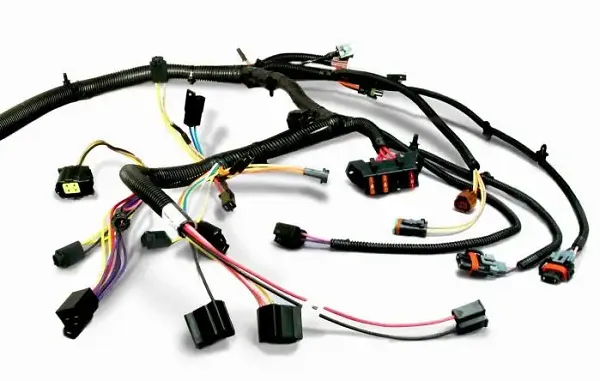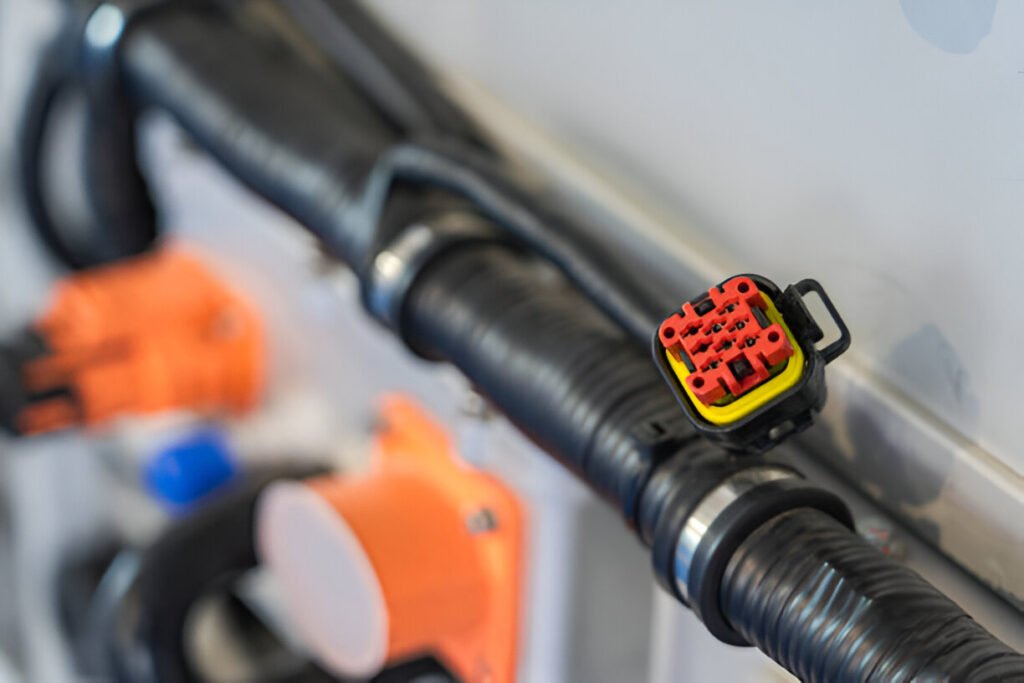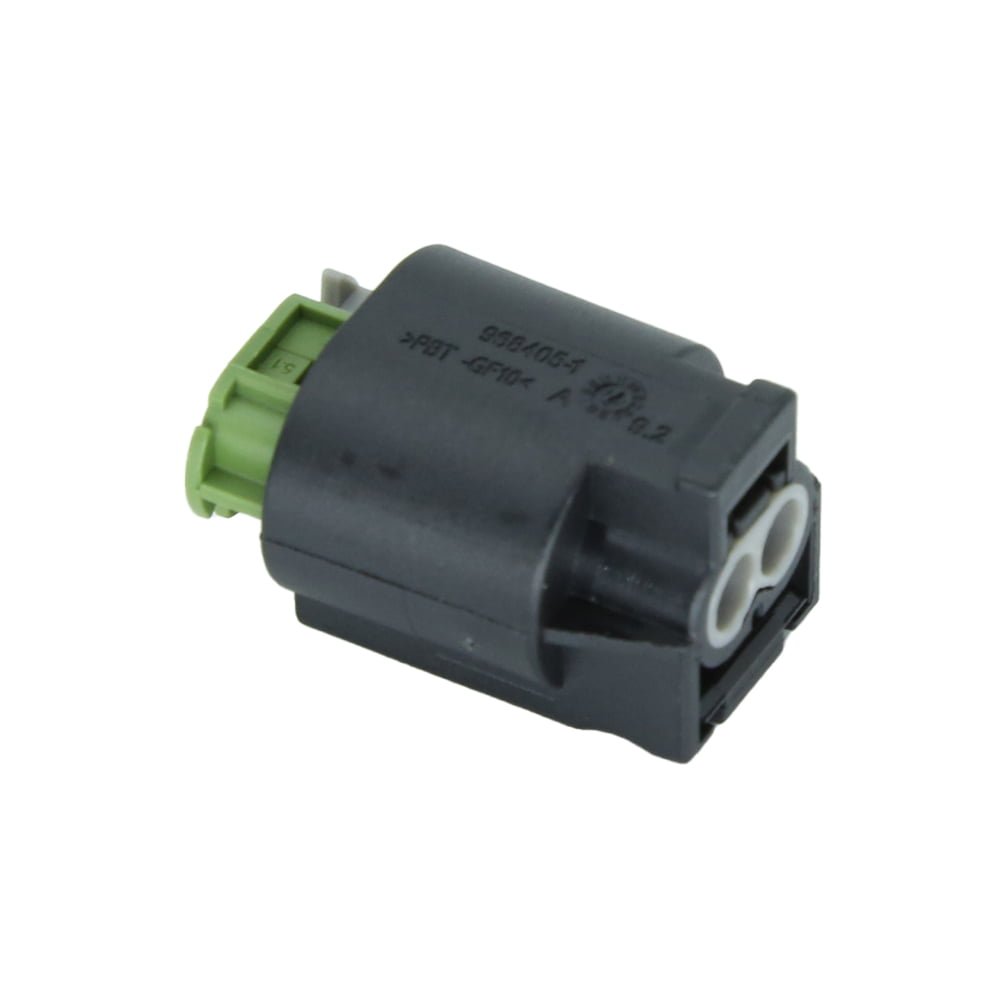The selection of materials for automotive connectors is essential for ensuring their effectiveness and longevity. This section delves into the different materials typically utilized in automotive connectors, highlighting their benefits and drawbacks.

ABS Material
Acrylonitrile Butadiene Styrene (ABS) is frequently chosen for automotive connectors due to its remarkable toughness and resistance to impact. Its lightweight nature and ability to endure high temperatures make it suitable for a range of applications.
Pros:
- Strong mechanical characteristics
- High resistance to impact
- Economical choice
Cons:
- Limited resistance to chemicals
- Potential degradation from UV exposure
In the realm of automotive wiring connector types, ABS is commonly employed in connectors that are not exposed to harsh chemicals or extreme conditions.
LCP Material
Liquid Crystal Polymer (LCP) represents a more advanced option for automotive connectors. It boasts excellent thermal stability and low moisture absorption, making it ideal for high-performance scenarios.
Pros:
- Superior thermal and chemical resistance
- Low dielectric constant
- High strength-to-weight ratio
Cons:
- Higher cost compared to other materials
- Challenging to process
LCP is particularly advantageous for automotive ethernet connectors, where maintaining signal integrity is crucial.
PBT Material
Polybutylene Terephthalate (PBT) is a widely used material in automotive connectors, known for its good electrical insulation and chemical resistance.
Pros:
- Good dimensional stability
- Excellent electrical insulating properties
- Resistant to chemicals and moisture
Cons:
- Susceptible to hydrolysis under specific conditions
- Limited resistance to UV light
PBT is often found in automotive fuse connectors and wire splice connectors, where reliability is critical.
Gold and Silver Materials
Gold and silver are typically used for plating connector pins due to their outstanding conductivity. While not usually employed as base materials, they significantly improve connector performance.
Pros:
- Exceptional electrical conductivity
- Resistant to corrosion
Cons:
- Expensive
- Not ideal for all applications due to their softness
These metals are especially relevant when examining automotive electrical connector pins, as conductivity plays a vital role in performance.
Cost Analysis of Different Automotive Connector Materials
When evaluating the costs associated with Automotive Connector Materials, several factors must be considered, including the price of raw materials, processing costs, and performance specifications. Below is a summary:
| Material | Estimated Cost per kg | Typical Uses |
|---|---|---|
| ABS | $2.00 | General connectors |
| LCP | $20.00 | High-performance connectors |
| PBT | $5.00 | Fuse and wire splice connectors |
| Gold | $60.00 | Connector pins |
| Silver | $30.00 | Connector plating |
Selecting the appropriate material requires a balance between performance needs and budget limitations. For example, while LCP provides exceptional features for high-speed applications like automotive ethernet connectors, its higher cost may be a barrier for less critical applications.
In essence, grasping the advantages and disadvantages of various materials aids manufacturers in choosing the best options for different types of automotive wiring connectors. Whether dealing with an automotive fuse connector or a basic wire splice connector, making the right choice can improve reliability and performance while keeping expenses in check.


